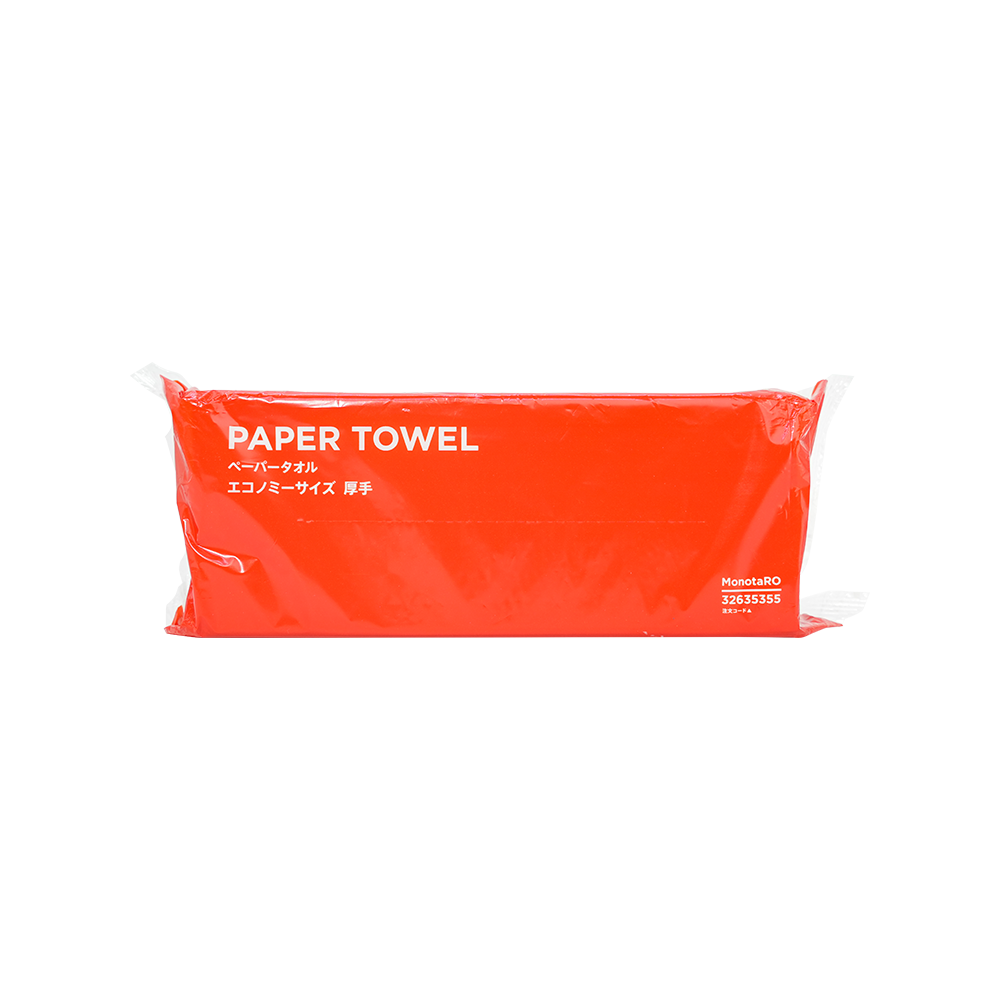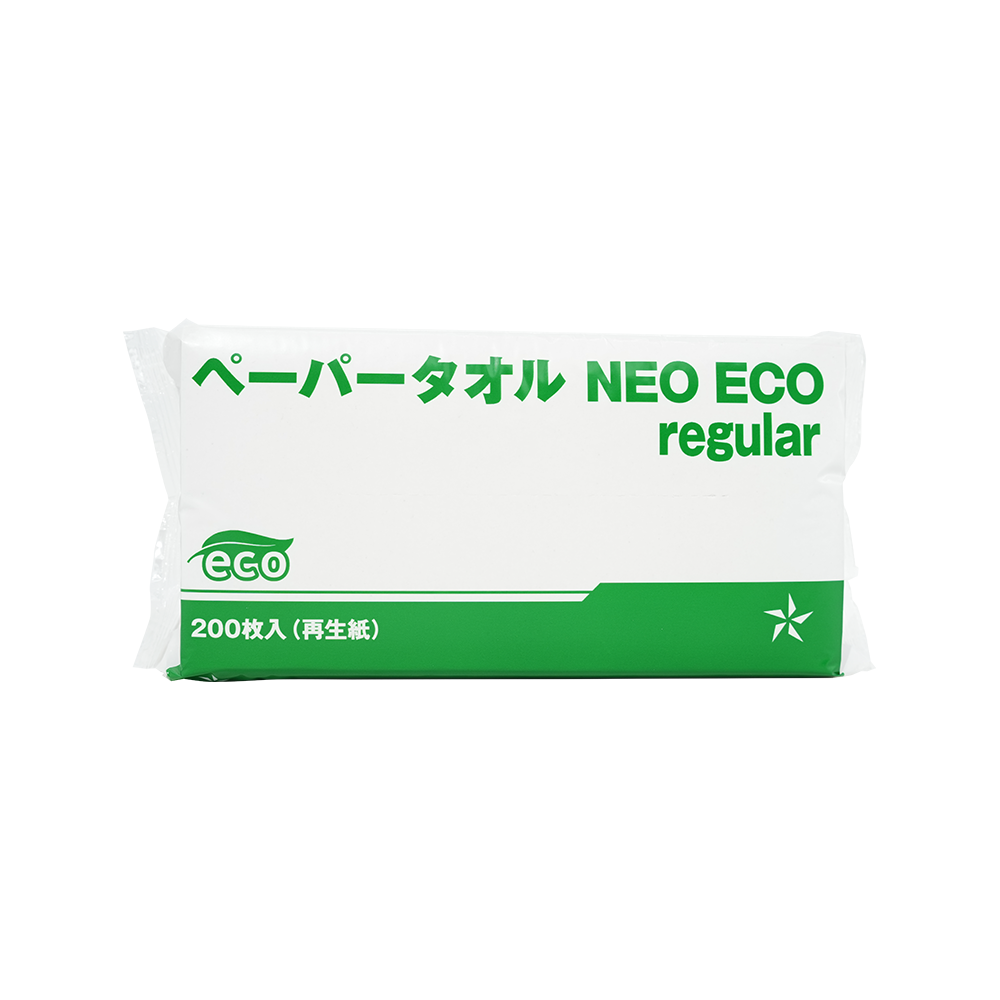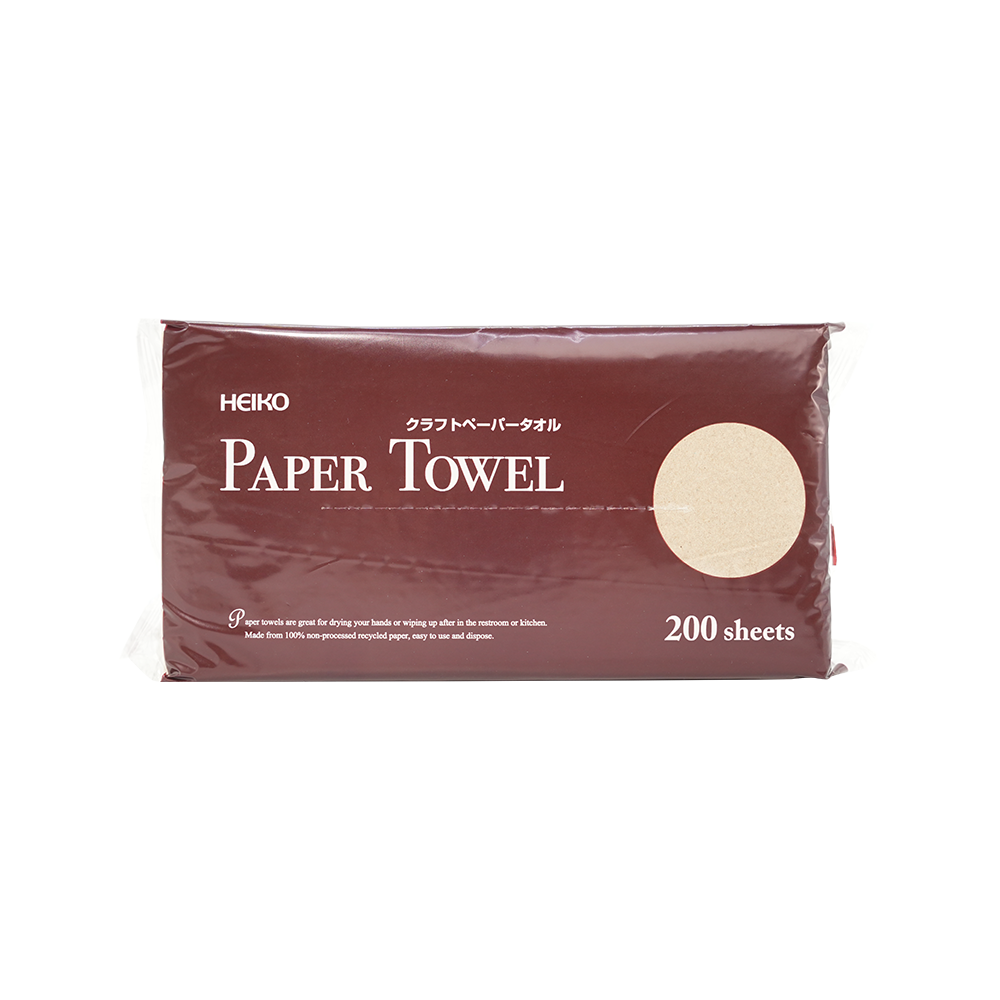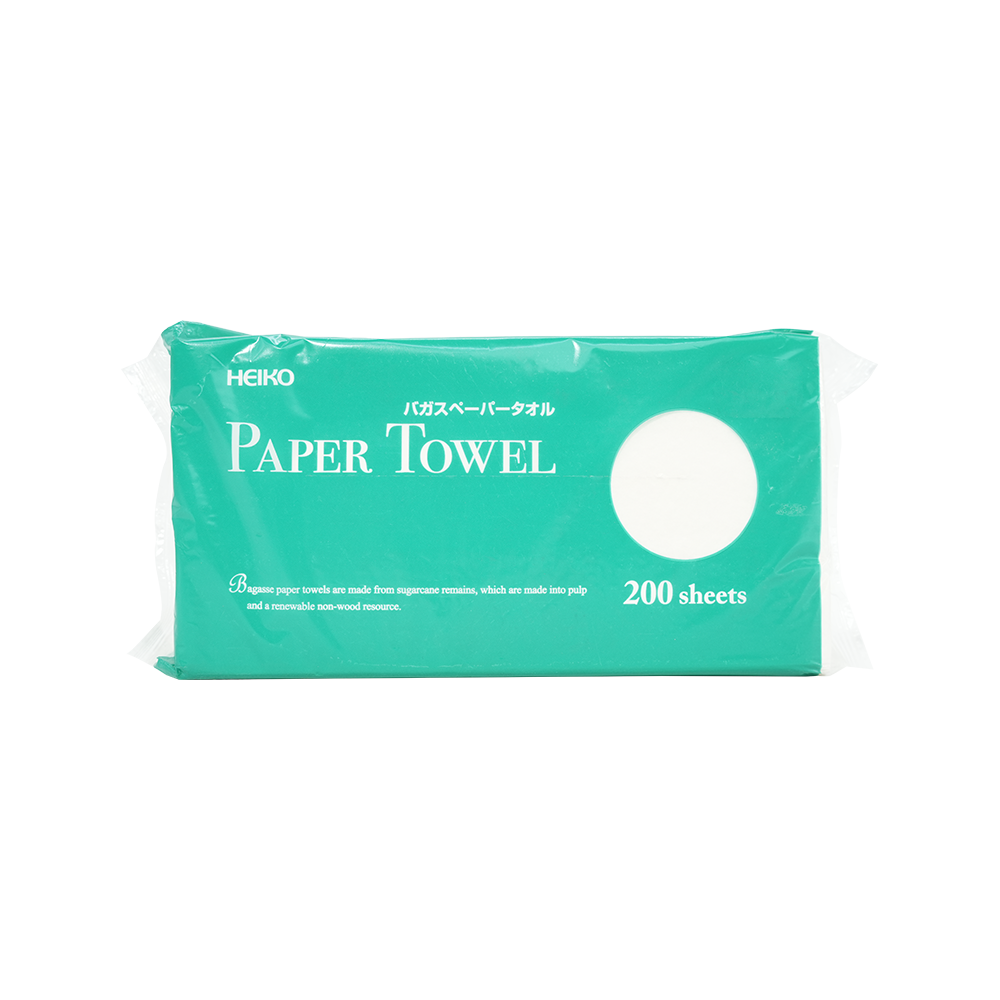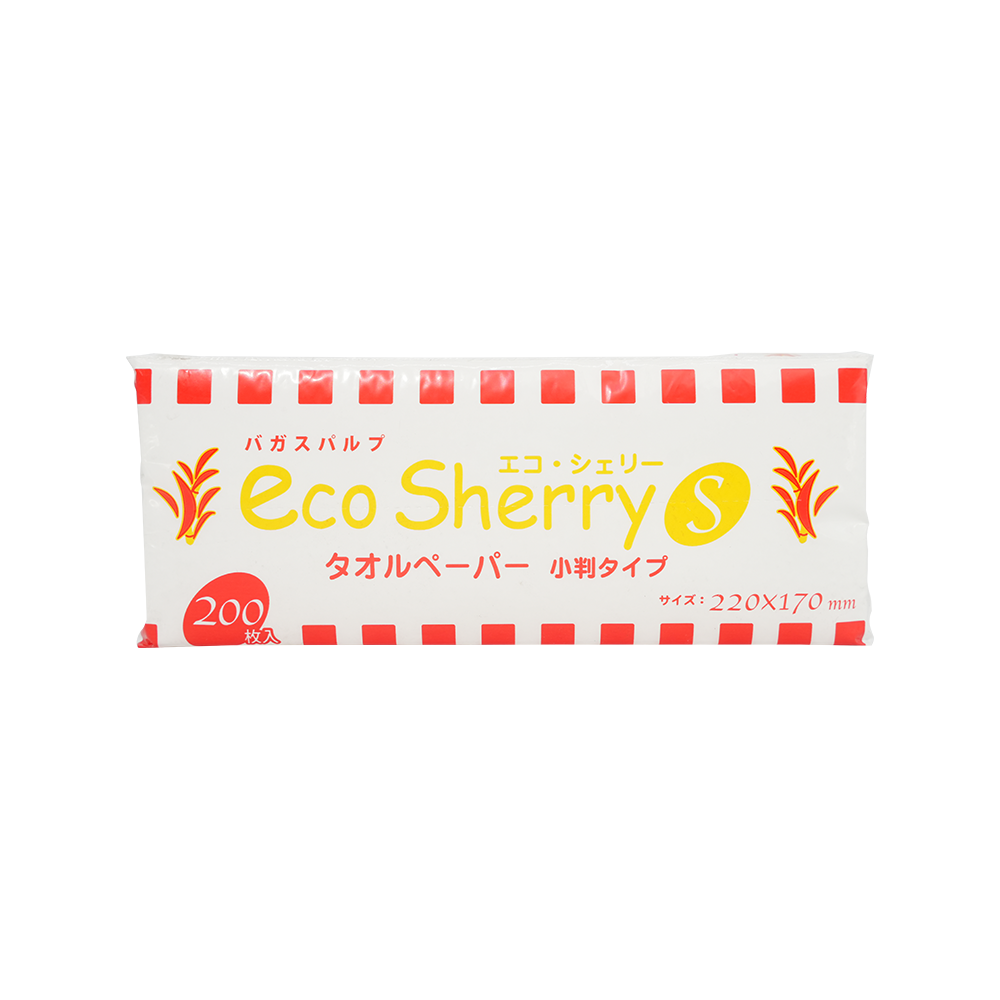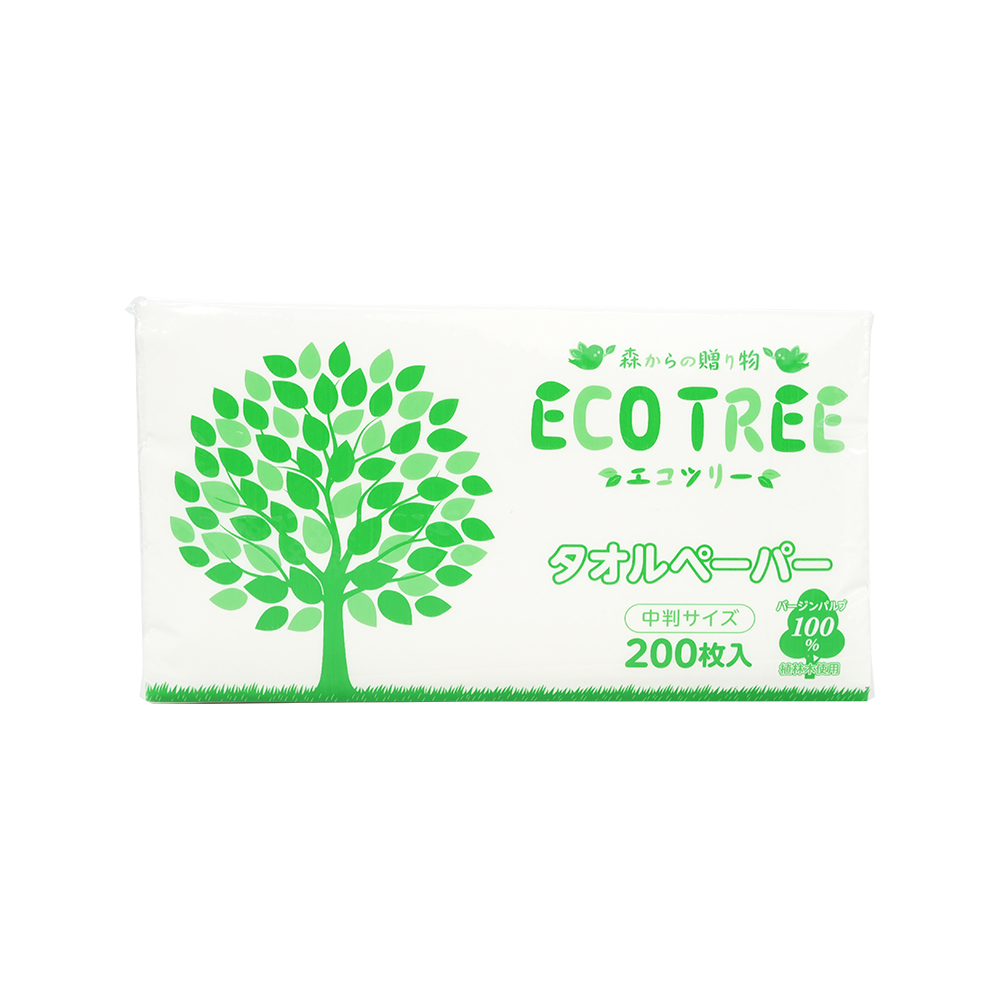Bamboo Fiber Tissues: The Pinnacle of Sustainable Comfort and Hygiene
 2025.05.23
2025.05.23
 Industry News
Industry News
In an era where environmental stewardship is no longer optional but imperative, bamboo fiber tissues have emerged as an ingenious solution that marries sustainability with superior user experience. These tissues, crafted from the fast-growing bamboo plant, represent a paradigm shift in personal care products—offering an eco-conscious alternative to conventional paper tissues without compromising on softness, strength, or functionality.
The Ecological Imperative Behind Bamboo Fiber
The textile and paper industries have long been scrutinized for their environmental footprints. Traditional tissue paper often relies on virgin wood pulp harvested from slow-growing trees, contributing to deforestation and ecosystem degradation. Bamboo, however, stands in stark contrast. This resilient grass thrives rapidly, sometimes growing up to three feet per day, and requires minimal water, no pesticides, and little to no fertilizers. Its cultivation enhances soil health and prevents erosion, all while sequestering significant amounts of carbon dioxide.
Leveraging bamboo fibers for tissue production thus curtails reliance on conventional wood pulp, mitigating deforestation and lowering greenhouse gas emissions. The carbon footprint of bamboo fiber tissues is considerably diminished, aligning with the increasing global demand for sustainable consumer products.
Unrivaled Softness and Durability
Bamboo fiber tissues offer a tactile experience that rivals, and often surpasses, that of traditional cotton or wood pulp tissues. The natural composition of bamboo fibers endows them with a plush softness that is gentle on delicate skin, making them ideal for frequent use, especially for those with sensitivities or allergies.
Moreover, bamboo fibers possess inherent tensile strength, resulting in tissues that are less prone to tearing and disintegration upon contact with moisture. This robustness enhances usability, reducing waste and delivering a more reliable product experience.
Hypoallergenic and Antimicrobial Properties
Bamboo fiber is naturally hypoallergenic and resistant to common allergens, making these tissues a superior choice for individuals susceptible to skin irritations or allergic reactions. The plant’s unique composition contains an antimicrobial agent known as “bamboo kun,” which inhibits the growth of bacteria and fungi. This feature not only contributes to a hygienic product but also ensures that bamboo fiber tissues remain fresher and safer for use over time.

Biodegradability and Compostability: Closing the Loop
Environmental responsibility extends beyond sourcing and manufacturing—end-of-life disposal is equally crucial. Bamboo fiber tissues are fully biodegradable and compostable, decomposing quickly and enriching the soil without releasing harmful residues. This attribute reduces landfill accumulation and supports circular economy principles, reinforcing the product’s eco-friendly credentials.
Consumers today are increasingly cognizant of the lifecycle impacts of the products they purchase. Bamboo fiber tissues, therefore, represent a conscientious choice that resonates with environmentally aware buyers who seek to minimize their ecological footprints.
Versatility and Practical Applications
While the primary appeal of bamboo fiber tissues lies in their sustainability and comfort, their versatility further enhances their desirability. Suitable for facial care, baby hygiene, and general household use, these tissues cater to diverse needs without sacrificing quality. Their absorbency and strength make them effective for cleaning and drying tasks, while their softness ensures a gentle touch in intimate applications.
Market Trends and Consumer Perception
The surge in demand for eco-friendly alternatives has positioned bamboo fiber tissues at the forefront of sustainable personal care innovation. Market research indicates a growing consumer preference for products that combine environmental benefits with premium quality. Brands investing in bamboo fiber tissues capitalize on this trend, appealing to a demographic that values transparency, sustainability, and efficacy.
Furthermore, the minimalist yet sophisticated branding opportunities afforded by bamboo products allow companies to convey authenticity and environmental commitment effectively. This synergy of product and messaging strengthens customer loyalty and fosters long-term brand equity.
Bamboo fiber tissues embody the confluence of ecological mindfulness and unparalleled performance. Their rapid renewability, hypoallergenic nature, antimicrobial properties, and biodegradability position them as a superior alternative to conventional tissues. As consumer consciousness evolves, embracing bamboo fiber tissues is not merely a trend but a conscientious lifestyle choice—one that champions sustainability without sacrificing comfort or functionality. Investing in these innovative tissues means advocating for a cleaner planet and a more refined personal care experience.


 English
English 日本語
日本語 한국어
한국어
